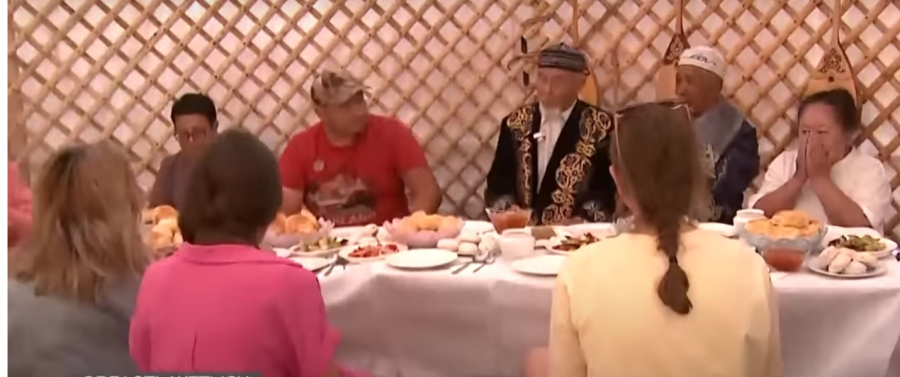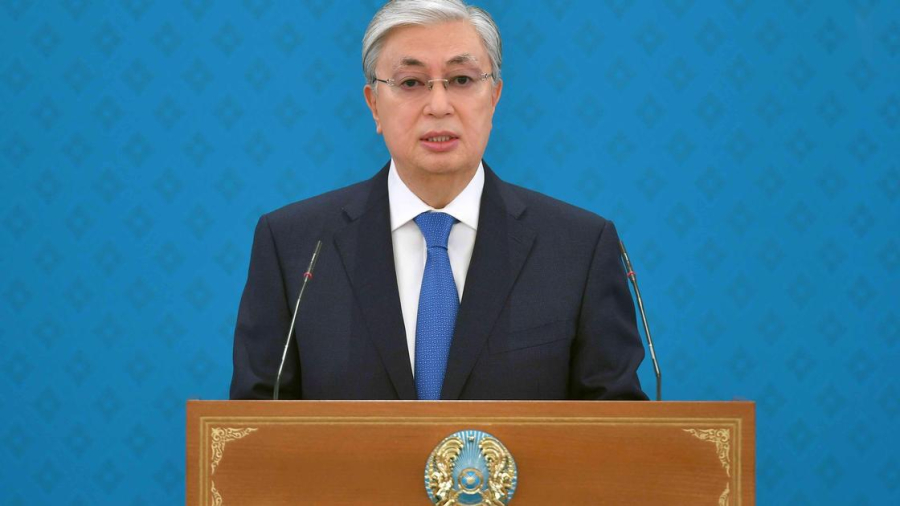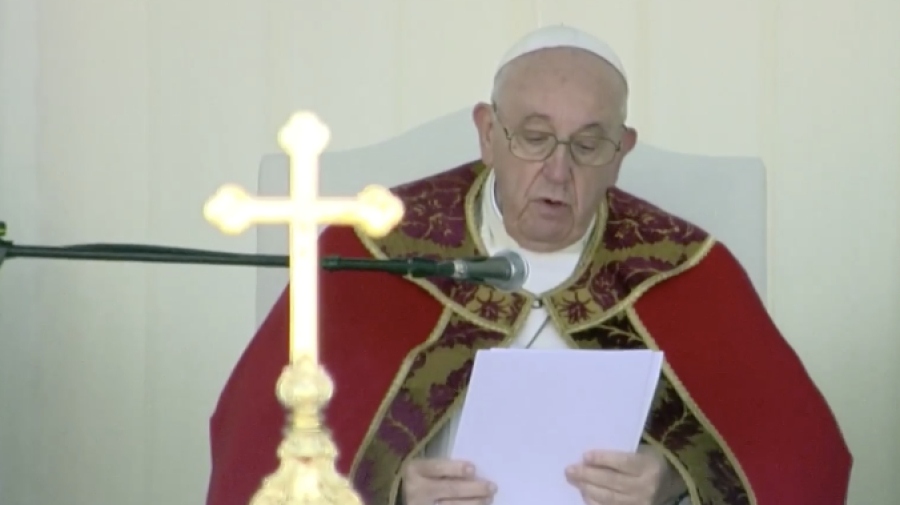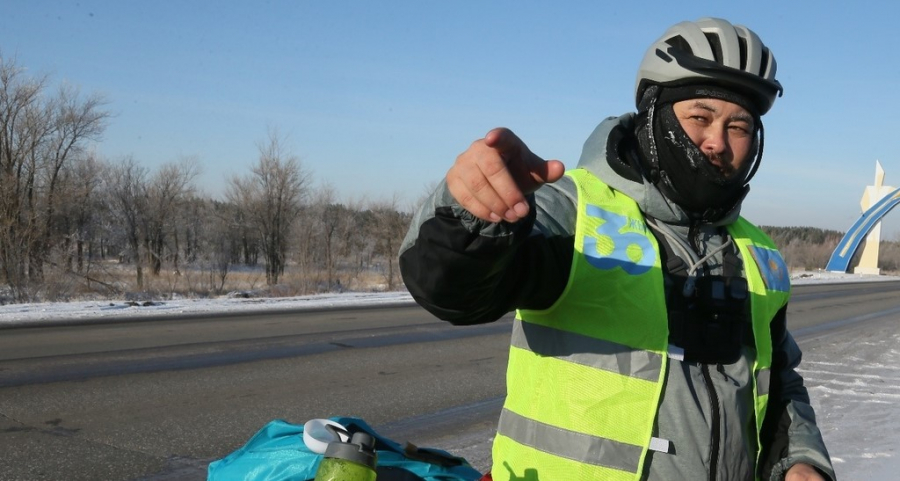
A total of 15 manuscripts and
around 500 documents related to the history of Kazakhstan have been discovered
in the UK during a scientific expedition across libraries, archives, and
research centers in London, Oxford, and Manchester. As a result, specialists from the National
Center of Manuscripts and Rare Books obtained scholarly works and biographical
data about Abu Nasr Al-Farabi, also known as the Second Teacher.
“We conducted research at the
John Rylands Library in Manchester, the Bodleian Library in Oxford, and the
British Library and National Archives in London. We have already started
working on translating documents, which will then be sent for binding. Following
that, we will proceed to catalog and publish them,” Zhandos Boldykov, Director of
the National Center of Manuscripts and Rare Books, said.
The manuscript found in
Manchester is the Quran, first translated into the Turkic language in southern
Kazakhstan during the era of the Karakhanid Khanate. It holds significant value
as a representation of Turkic-Islamic culture. Additionally, a book by the
11th-century Persian historian Abu Said Abd al-Hayy Gardizi titled ‘Zayn
al-Akhbar’ was discovered in the Bodleian Library in Oxford. This work
chronicles the history of Persian kings, Muhammad, and caliphs up to 1032 AD,
as well as the history of Khorasan. Fragments of this manuscript were used by
renowned historian and orientalist Vasily Bartold in his writings.
“The Quran was stored in the John
Rylands Library in Manchester. What makes this book remarkable is that it was
first translated into Turkic during the 10th to 12th centuries, in the era of
the Karakhanid Khanate. The book ‘Zayn al-Akhbar’ by Abu Said Abd al-Hayy
Gardizi was written in the 11th century; it remains the only original copy
preserved to this day. We know of it solely through Bartold. We now plan to
study this work. In the future, it can serve as valuable historical data in
scholarly circles,” said Almat Absalykov, chief expert at the National Center
of Manuscripts and Rare Books.









